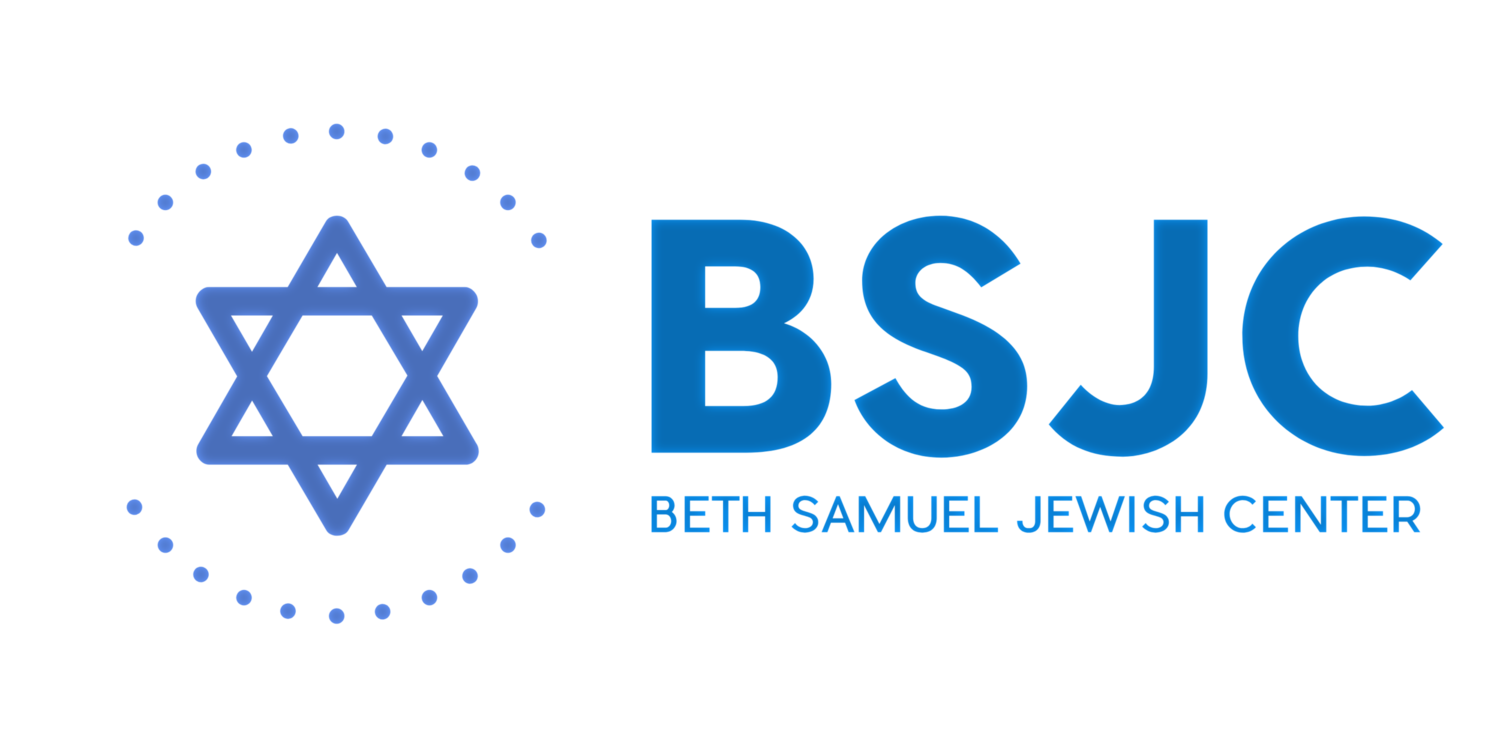March 2019
/ Here we are, gearing up for Purim already, for the gantze megillah, the whole megillah! The Hebrew word “megillah” means scroll, and although we think of the megillah as the Book of Esther on Purim, there are actually five scrolls, or megillot : The Book of Ruth, The Song of Songs, Lamentations, Ecclesiastes, and the Book of Esther. More on those other megillot another time. Now is the time to concentrate on the Book of Esther.
The word megillah, also in Yiddish (as it derives from the Hebrew), is anything very long, like a rigamarole, according to Leo Rosten in The Joys of Yiddish. Rosten also writes that the Book of Esther is a long and detailed story, and the very devout would sit through this very long reading after a day of fasting, giving rise to the expression “the whole megillah.” It can also mean anything complicated, possibly boring, and definitely overextended. In Rosten’s pronunciation guide he says that “megillah rhymes with guerrilla,” and, in fact, back in the 1960's a popular children’s cartoon featured a character called Megillah Gorilla.
So before this article turns into a megillah, let me remind you that we will be celebrating Purim at BSJC on Sunday, March 17, at 10:00am. We will read the story, shake our noisemakers at the mention of you-know-who, our students will sing and participate, and there will be fun and food, and especially hamentashen! Our reading and celebration will remind us of another Jewish triumph over those who would destroy us. Judaism teaches us to remember what we have been through in order to ensure our future. Come for “the whole megillah!” Happy Purim!



